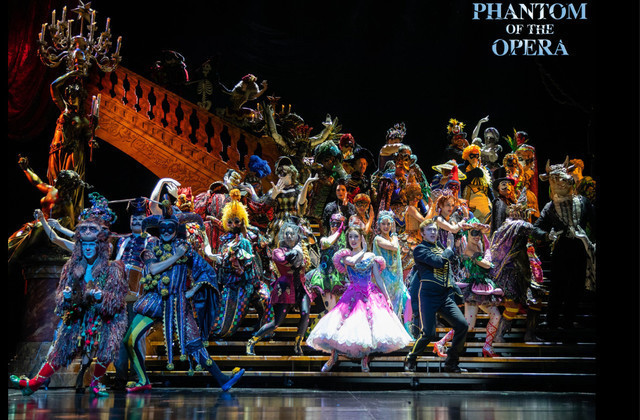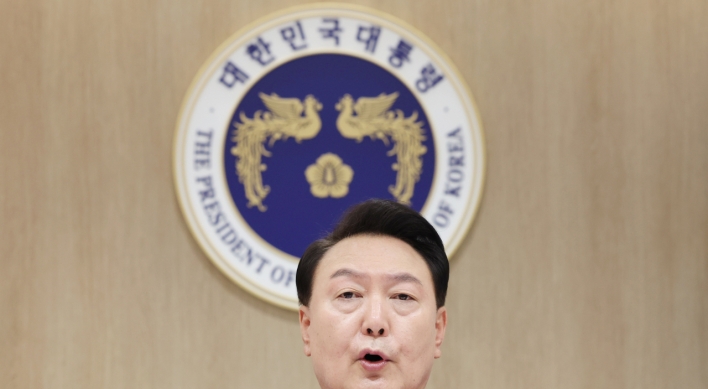Virus-hit performing arts scene faces grim prospects for H2
By YonhapPublished : July 3, 2020 - 13:41

The South Korean performing arts sector has gradually returned to life after a monthslong slump, but the lingering novel coronavirus pandemic is casting a dark cloud over the scene for the remainder of 2020.
According to the Korea Performing Arts Box Office Information System (KOPIS) on Thursday, aggregate ticket sales of musicals, theatrical plays, classical concerts and other performances reached 95.24 billion won ($79.3 million) in the first six months of the year.
The system is managed by the Korea Arts Management Service affiliated with the Ministry of Culture, Sports and Tourism.
Revenues for January and February totaled 59.8 billion won, accounting for nearly 63 percent of the entire first-half sales.
But the monthly tally plunged to 9 billion won in March and 4.6 billion won in April as the COVID-19 outbreak started to sweep the country from end-February.
Thanks to a slowdown in the virus spread and relaxed social distancing in the spring, the performing arts scene saw its sales rise slightly to 10 billion won and 11.8 billion won for May and June, respectively.
Coupled with a series of cancellations, however, the number of audience members tumbled to 120,000 in April and 230,000 in May from 1.25 million in January, according to a separate report by the Korea Arts Management Service.
As part of their efforts to survive the pandemic, many public arts companies have opened online platforms to stream their shows and concerts.
The Korea National Dance Company premiered its new production online, and the Korea National Opera has streamed its projects on its social network channels.
The Korea National Ballet also released dance clips on its webpage, while the Sejong Center for Performing Arts helped virus-hit small-sized arts troupes hold online concerts.
But most online projects were found out to be flops as new cash cows for arts troupes as they failed to catch the eyes of South Korean fans.
The concert of the Seoul Philharmonic Orchestra livestreamed on May 30 was watched only by hundreds of people, far lower than what would befit its reputation as one of the bestselling orchestras in South Korea.
"We doubt if online performances can make a profit," an official from a production company said. "But we have no other alternatives."
The musical community is doing relatively better than other performing arts sectors as many high-profile musicals like "Mozart!" and "Rent" have been held in person for nearly a month.
But organizers are not letting their guard down to protect members of the cast and staff from possible coronavirus infection.
The Seoul tour of "The Phantom of the Opera" was suspended from early April for about three weeks after two members of the cast contracted COVID-19.
"We use QR codes to survey health conditions of audience members, strengthen temperature checks and ask them to wear face masks at all times," one of the events' organizers said. "We know ticket sales are important, but we aim to finish our runs without problems."
Nevertheless, insiders are worried that there is no glimmer of hope for the performing arts industry to make a clear rebound in the latter half of this year, citing weaker-than-expected June sales and a recent uptick in new coronavirus infections.
South Korea reported a two-week high of 63 new daily virus cases on Friday, prompting the Seoul government to consider strengthening social distancing guidelines.
The Performing Arts Management Association of Korea released a statement in May, asking the government to immediately give financial support to the sector.
"Employees of the local performing arts industry have been confined in an endless slump. The recession will likely continue in the third and fourth quarters," it said. "We need immediate and direct support for private management companies and players." (Yonhap)



















